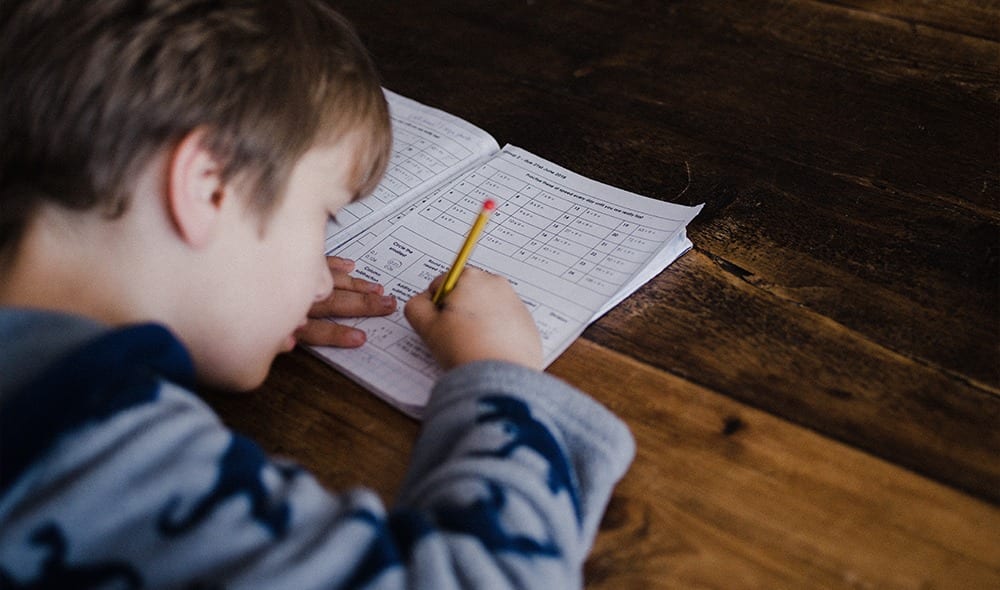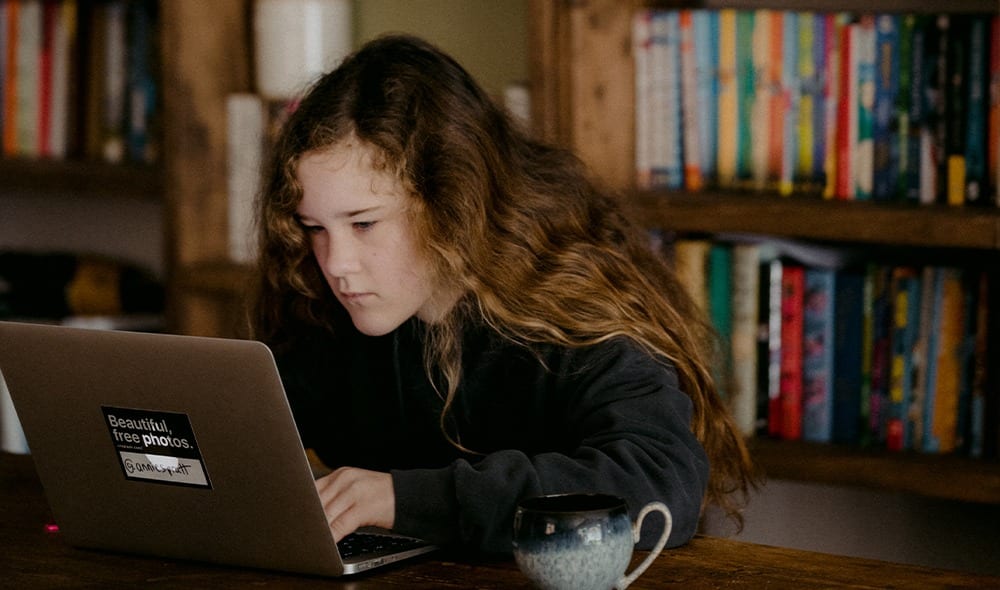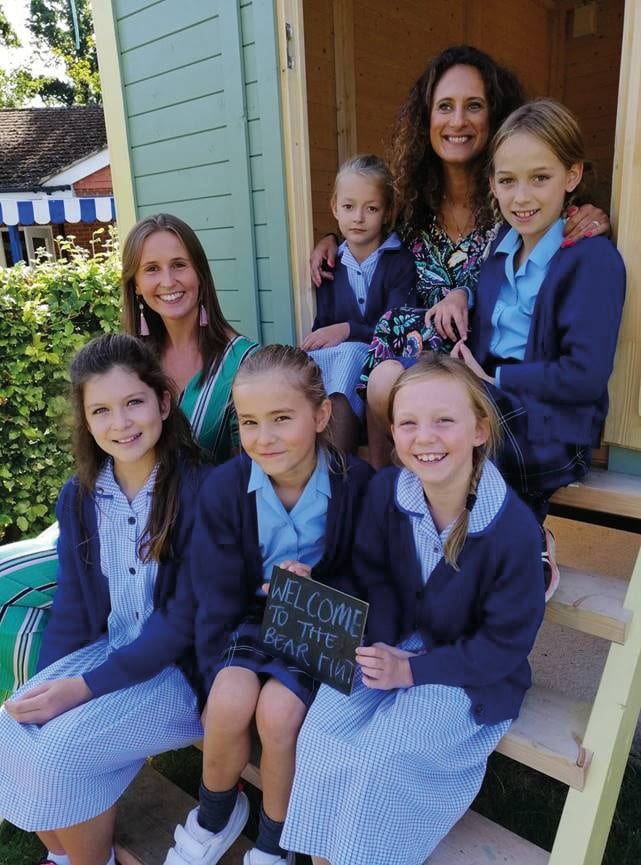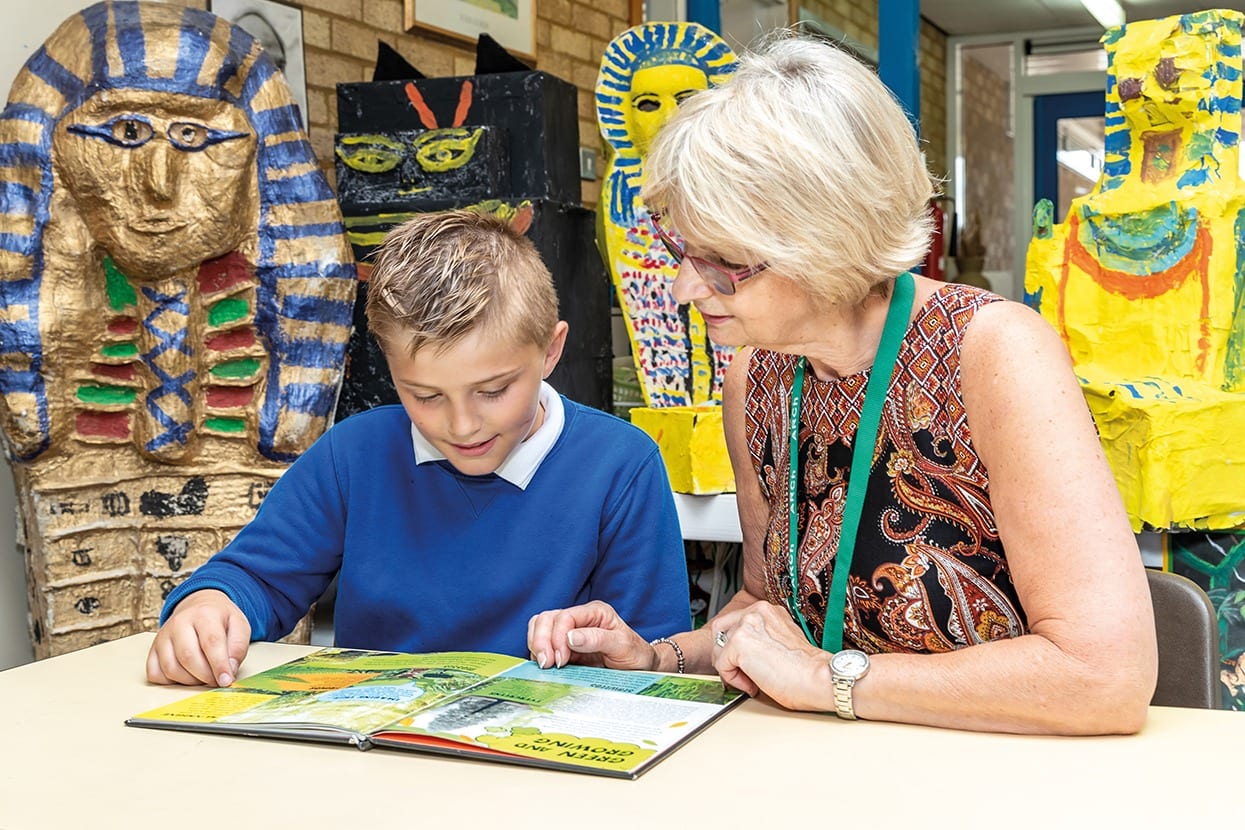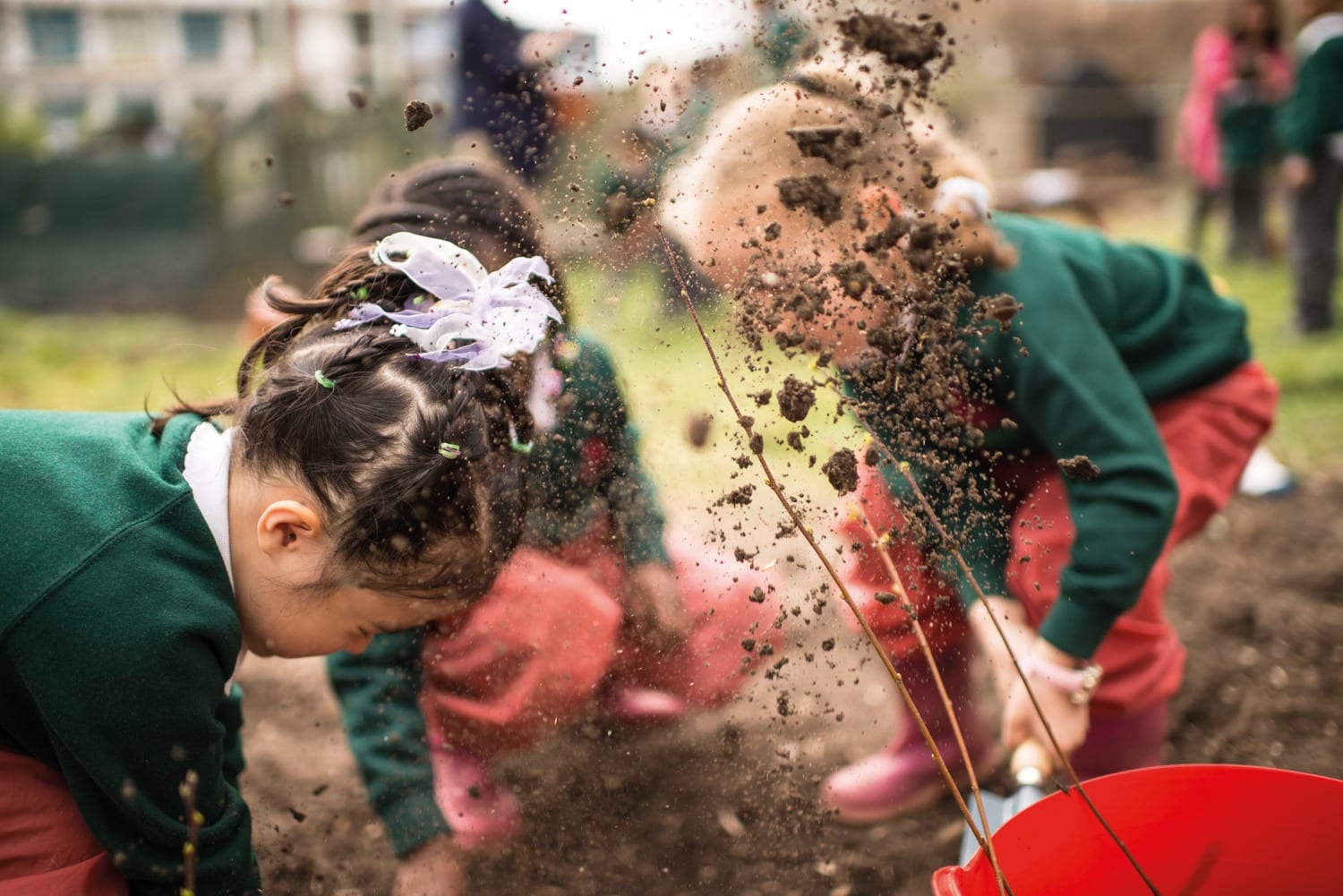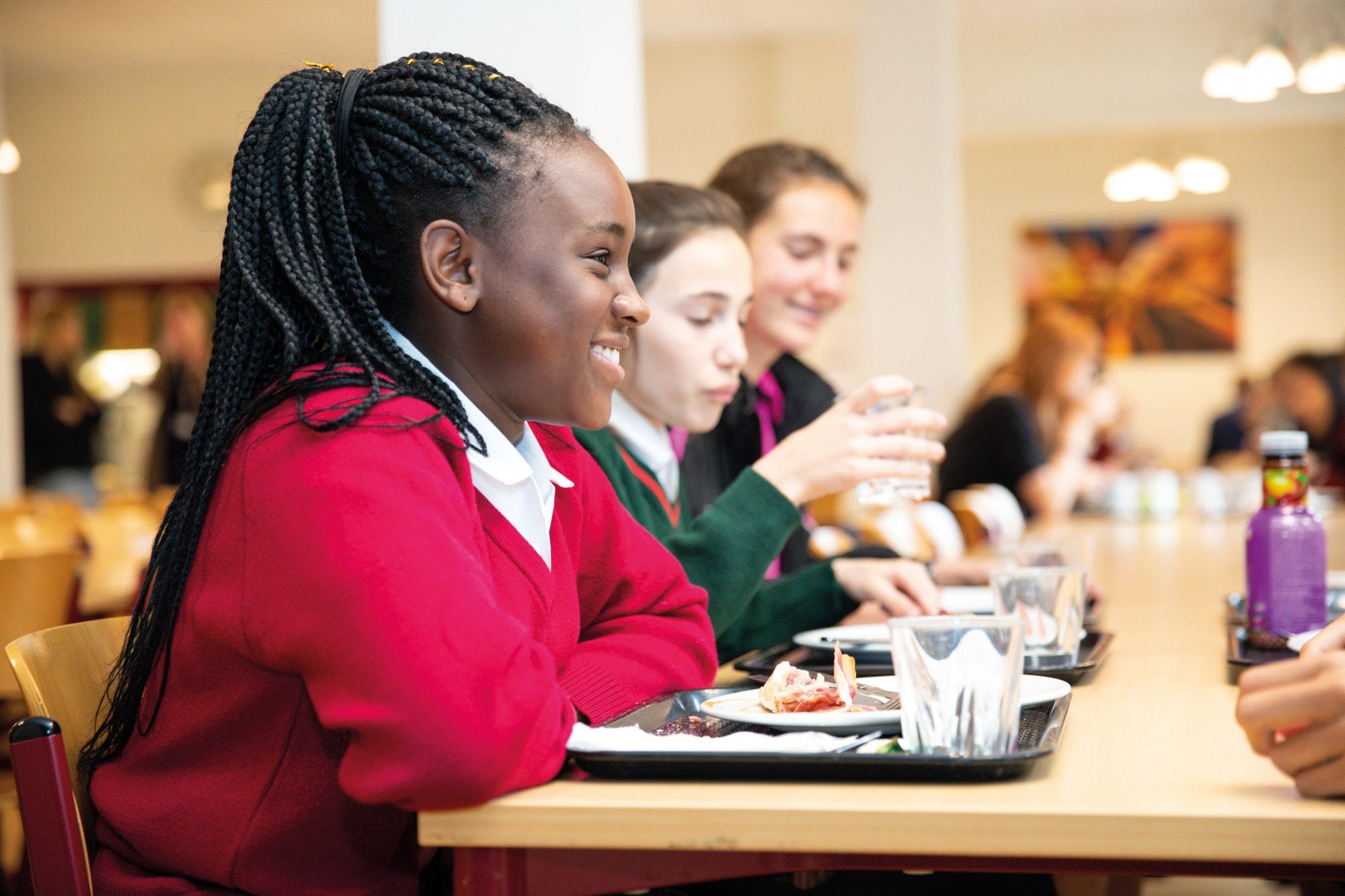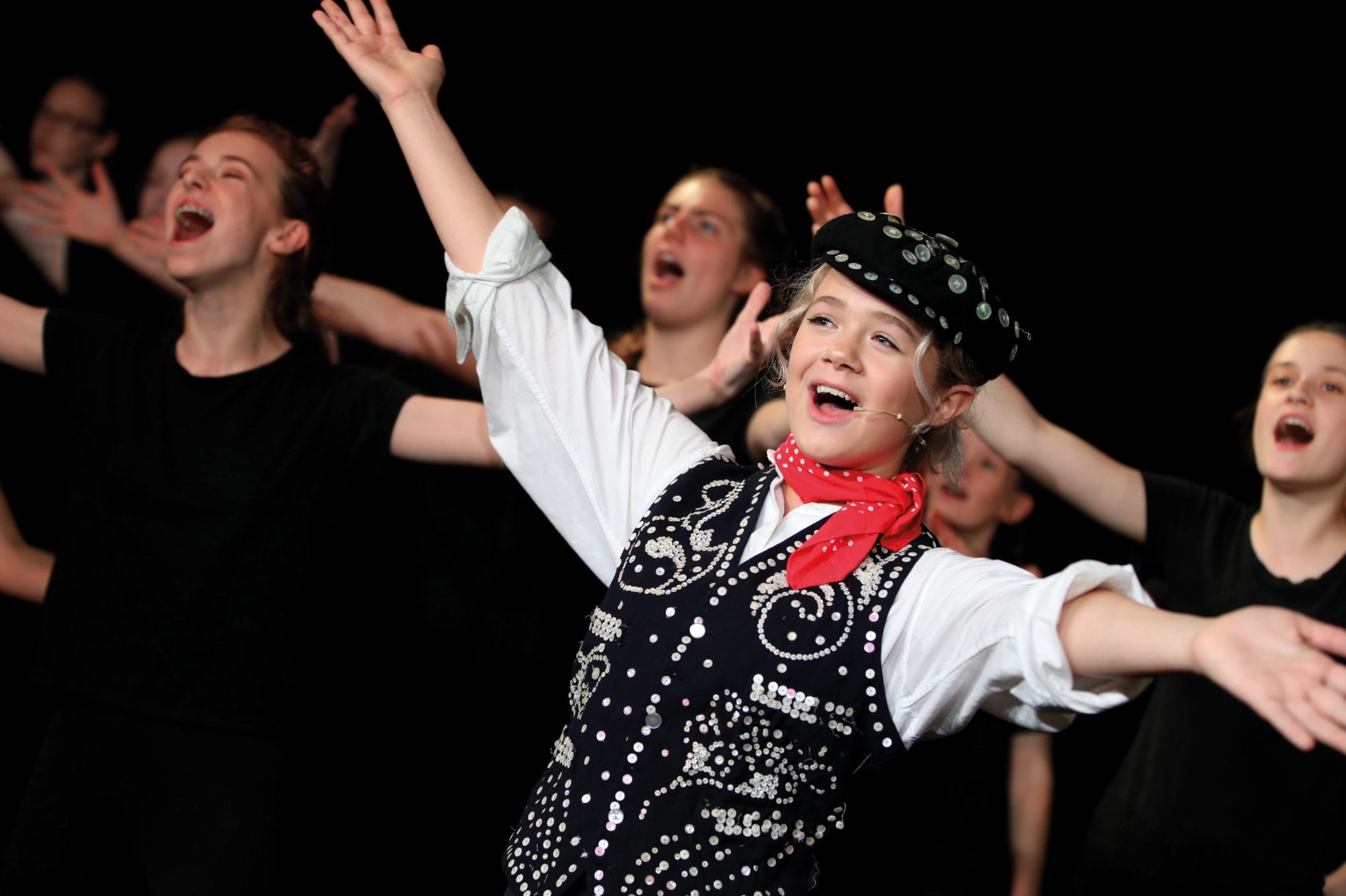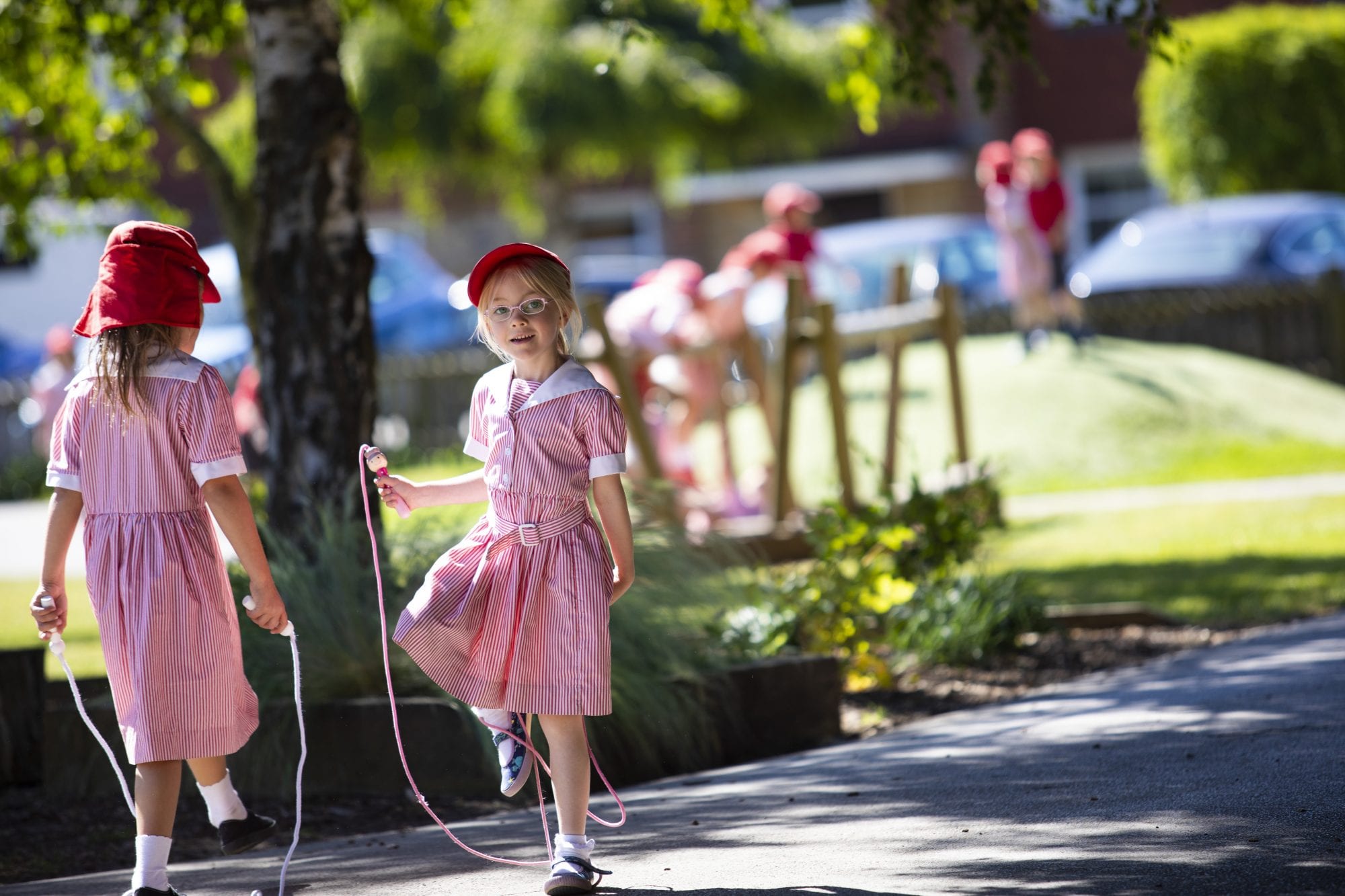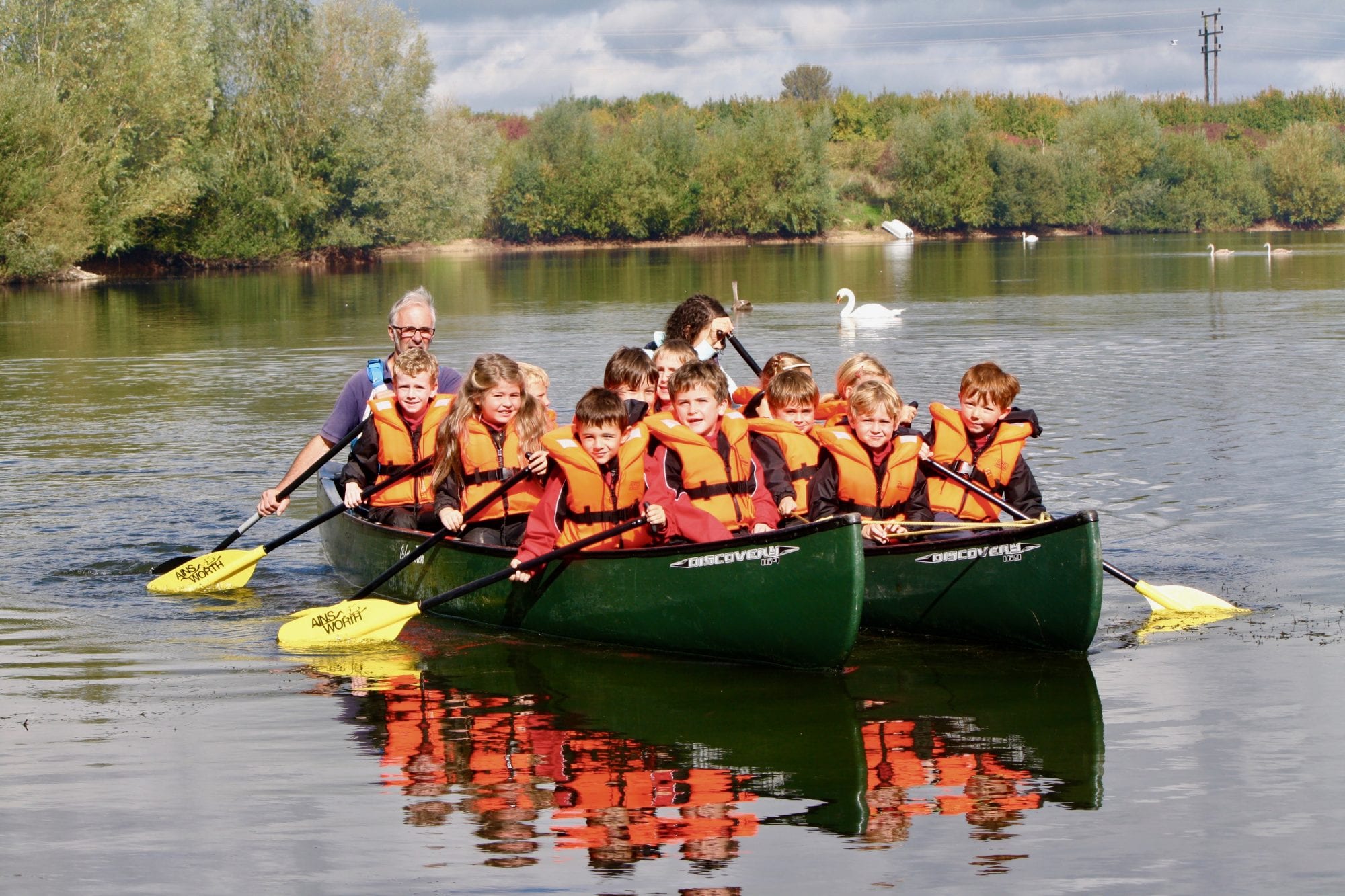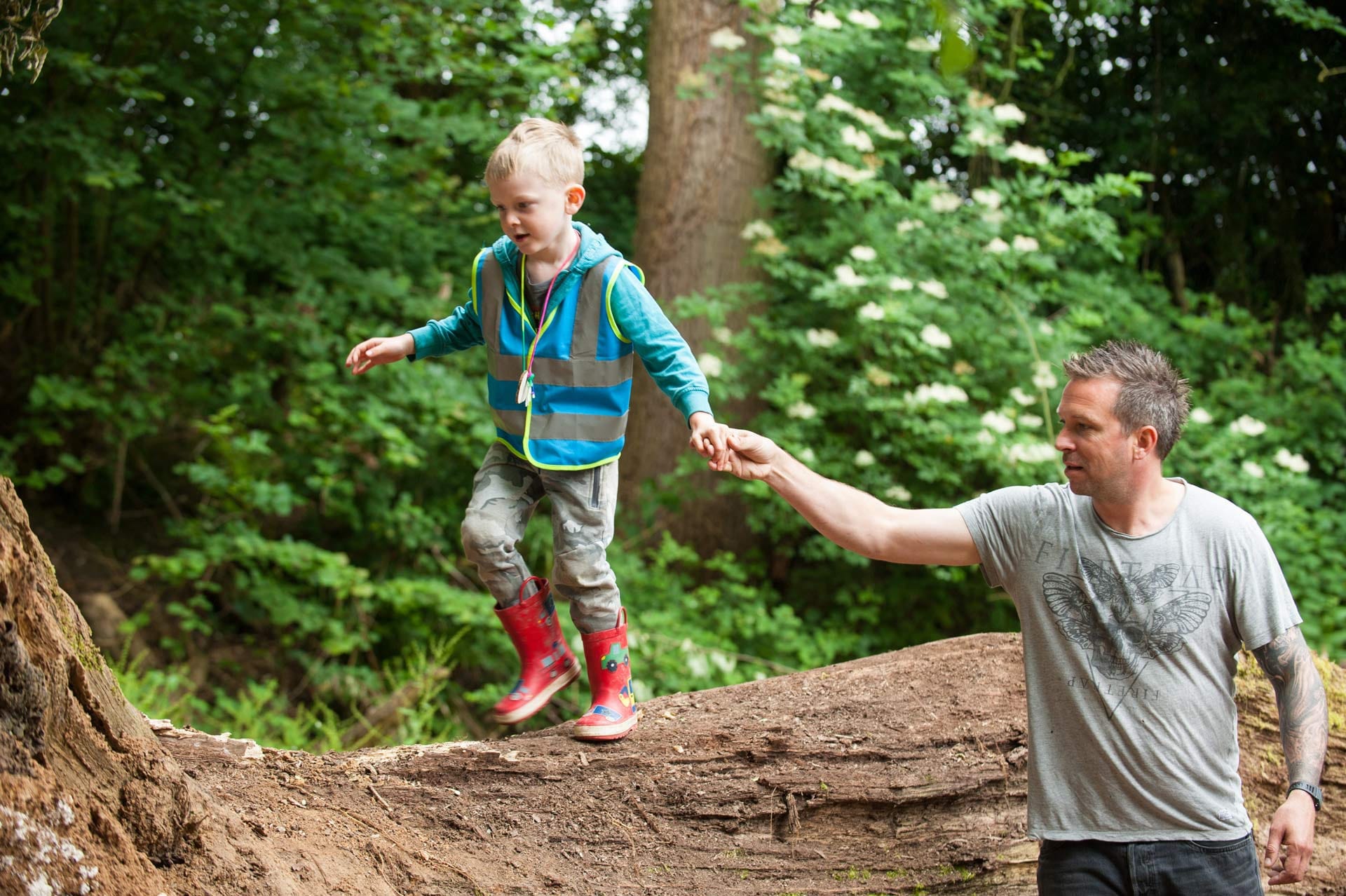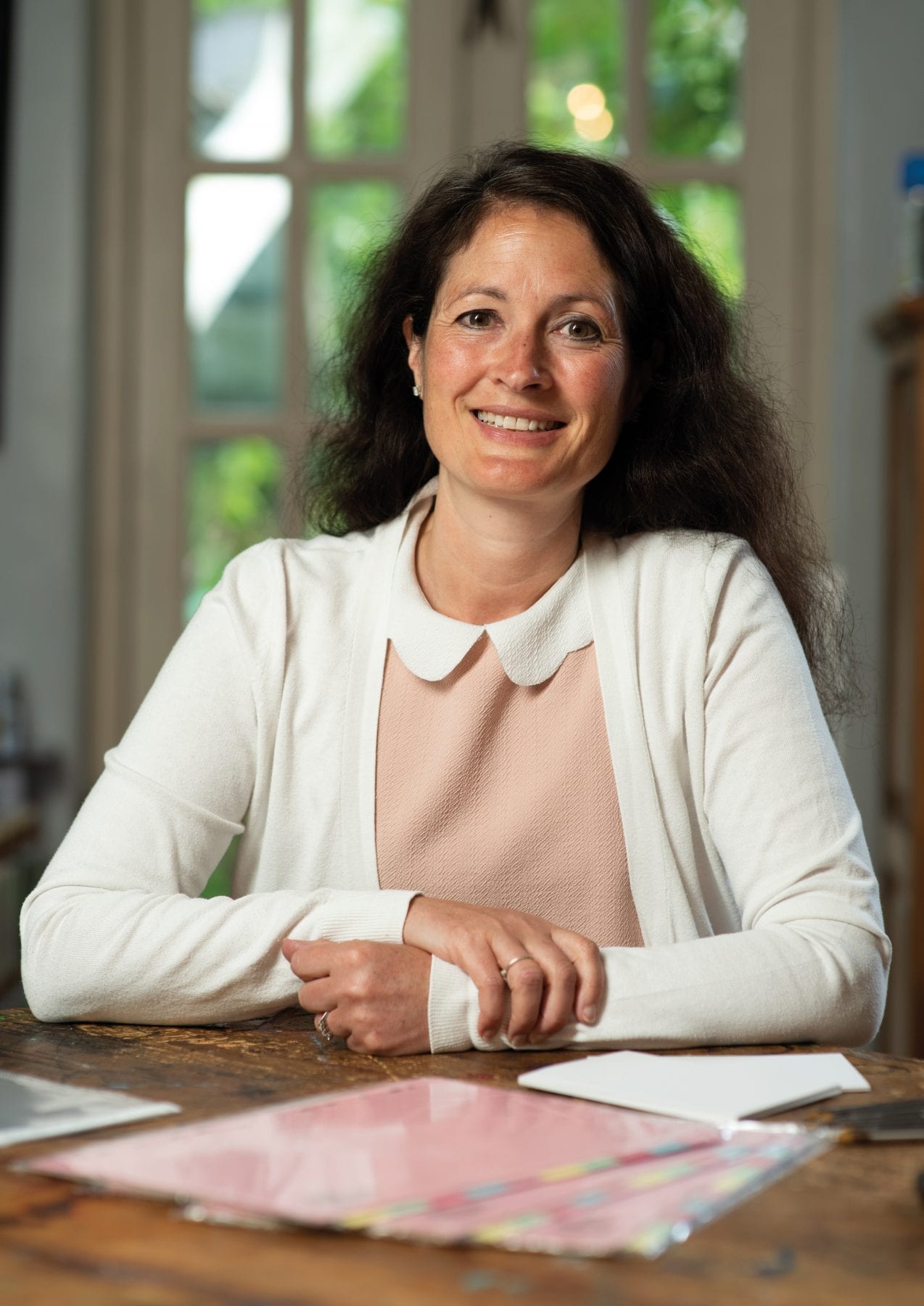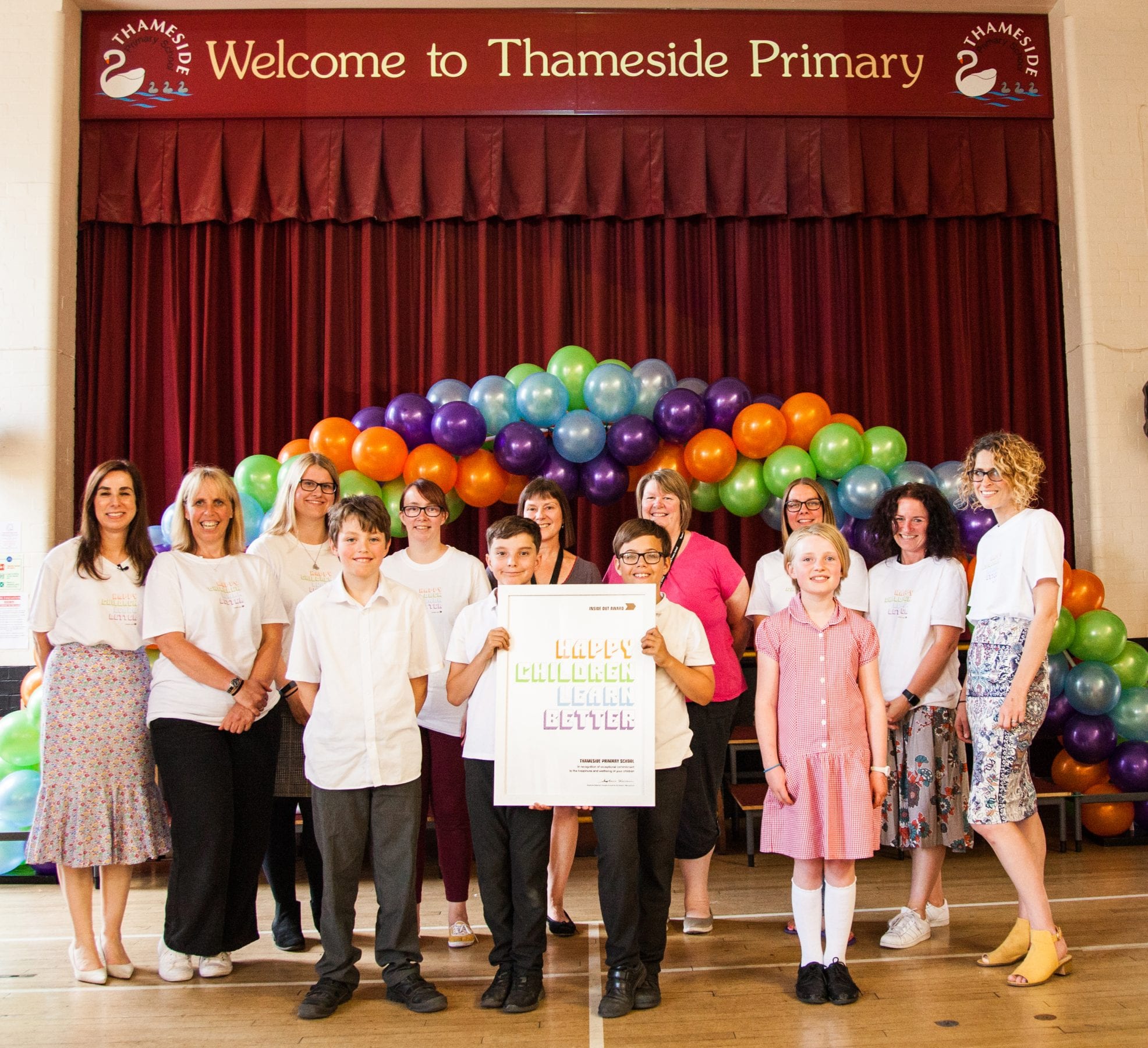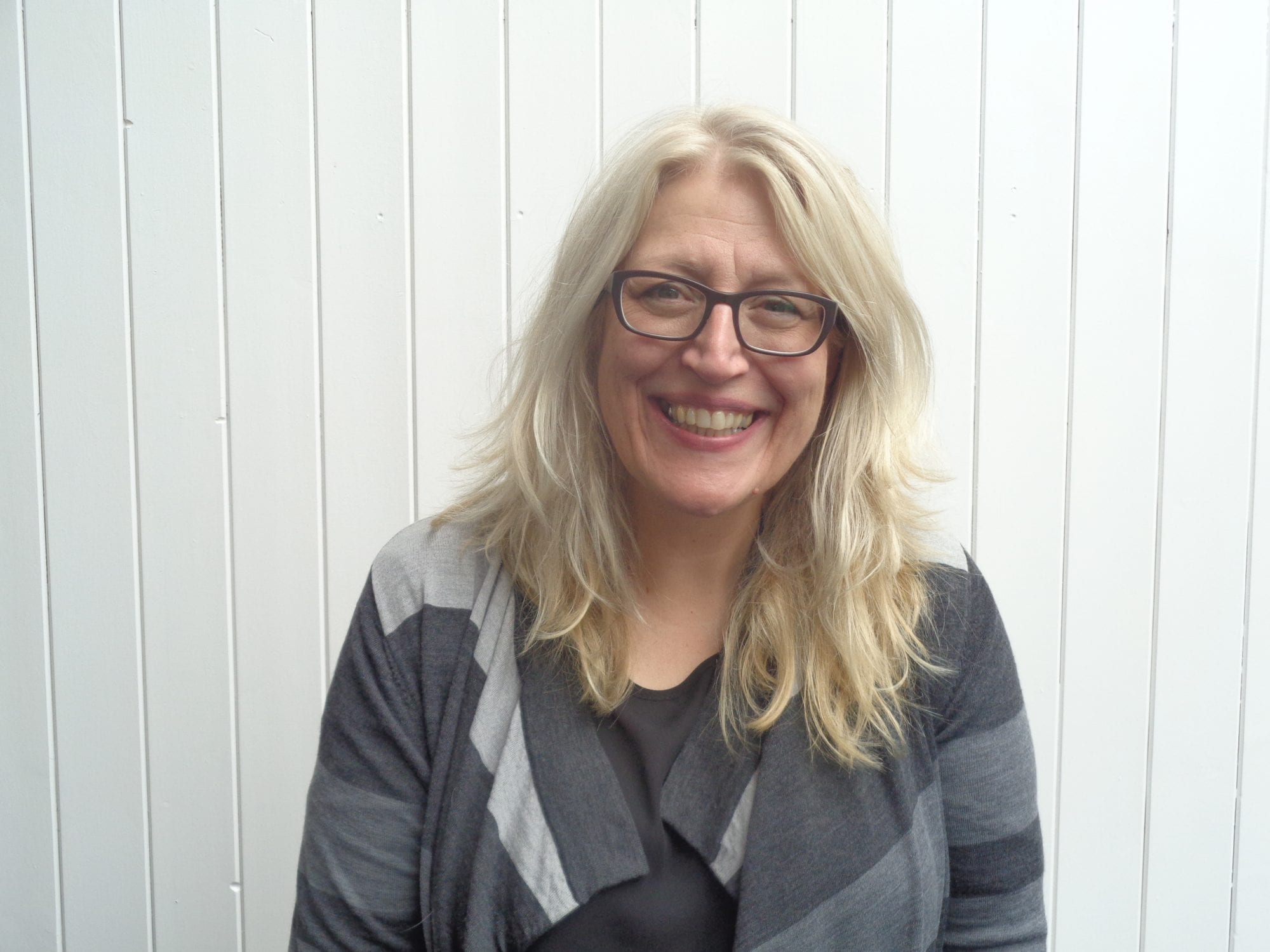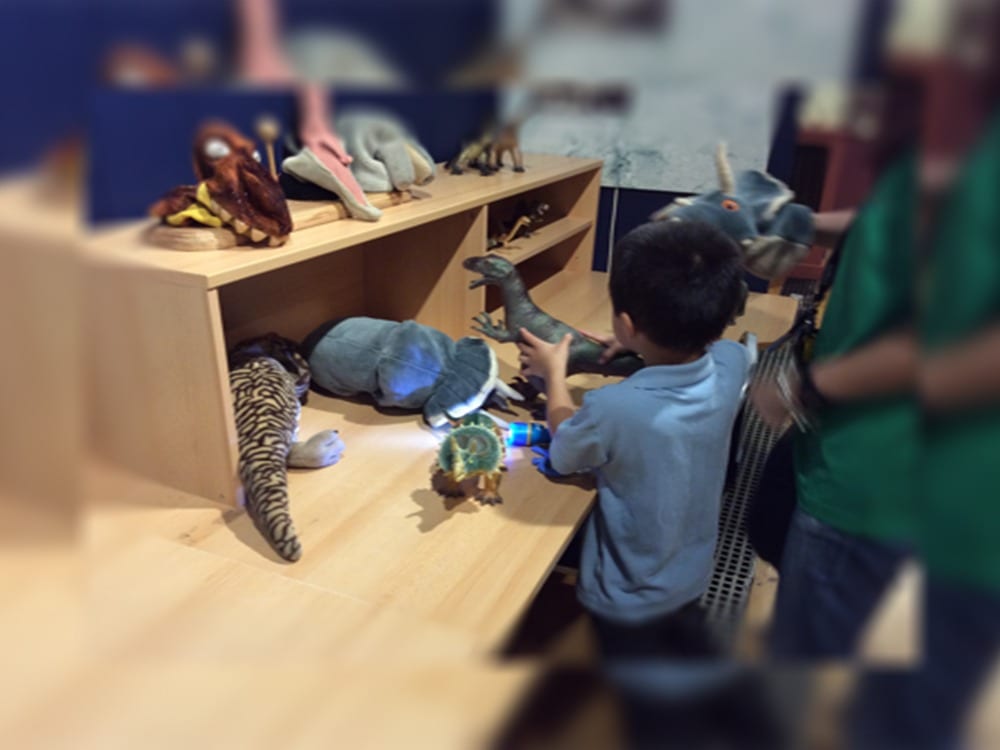The Wildlife Trusts have created wonderful online nature activities to encourage everyone to tune in to wildlife at home this spring – and to help people find solace in nature during tough times
Spot bees, butterflies, bats and birds during your permitted local walk, keep children entertained with nature-themed crafts, or tune in to look at fabulous wildlife footage and photos!
The Wildlife Trusts are also offering plenty of practical outdoor advice to inspire us to do more for wildlife in gardens, balconies or window boxes.
Tune in at www.wildlifetrusts.org. The Wildlife Trusts launched a weekly wildlife programme on YouTube last week for kids and parents. A new video will be uploaded to Wildlife Watch UK every Wednesday at 10am. The channel will feature wildlife experts, home-school help and seasonal species to spot at wtru.st/Wildlife-Watch-YouTube.
Wildlife Trusts across the UK are providing new ways of helping us feel more connected to the wider world and each other, via their online and social channels.
Wildlife experts who are usually leading school visits, events or talking to visitors on reserves have had to down tools and work from home – and so they can now be found online leading wildlife-spotting tours through their gardens, blogging about the life cycle of oil beetles or sharing heart-warming sounds of a dawn chorus on a sunny April morning.
For example:
Follow over 20 webcams from nests and locations around the UK and watch puffins in Alderney, peregrines in Nottingham, bats in Essex and ospreys on their nests www.wildlifetrusts.org/webcams.
Join Sheffield and Rotherham Wildlife Trust’s mini-beast expert Ben Keywood talk about frogspawn and springtime insects from his own garden. Help the Wildlife Trust record sightings of wildlife and follow their advice for helping in your garden.
Daily wildlife diaries from Sussex Wildlife Trust’s Michael Blencowe who talks about the wildlife in his gorgeous garden.
Worcestershire Wildlife Trust is advising people about feeding birds, watching wildlife in the garden and learning how to identify it.
Hampshire and Isle of Wight Wildlife Trust is producing a series of videos called Bringing Nature to You. Join education officer Susan Symmonds and hear about the life cycle of an oil beetle.
Go to Surrey Wildlife Trust’s website where you’ll find spotter sheets and activities to help identify local wildlife.
Sign up for Herts and Middlesex Wildlife Trust’s Wild at Home ideas for regular activities and inspiration to help people stay connected with wildlife.
Keep an eye out for #EverydayWildlife across social media, an outlet to share local wildlife, big, small, grand or often overlooked.
Get guidance on how to create a butterfly haven in our Wild About Gardens campaign with the RHS, by downloading a handy booklet full of inspiration.
Leanne Manchester, wildlife gardener and digital communications manager at The Wildlife Trusts, says: “More people than ever are tuning into our wildlife webcams – more than double the figure for this time last year – and we’re seeing people have a lot of fun wildlife-watching in their gardens.
“Spring has arrived in splendid colour and sound, and over the past few days, hundreds of people have told us that they’ve spotted their first butterflies. These are joyful moments that people hold dear at this difficult time.
“Everyone can share and follow on social media using #EverydayWildlife – swapping such experiences can be a lovely way of keeping in touch.
“Do keep an eye on our channels in the coming weeks – we’ve got lots of lovely ideas and activities to help you stay connected to nature and still feel the health benefits of being outside in your garden or neighbourhood.”



